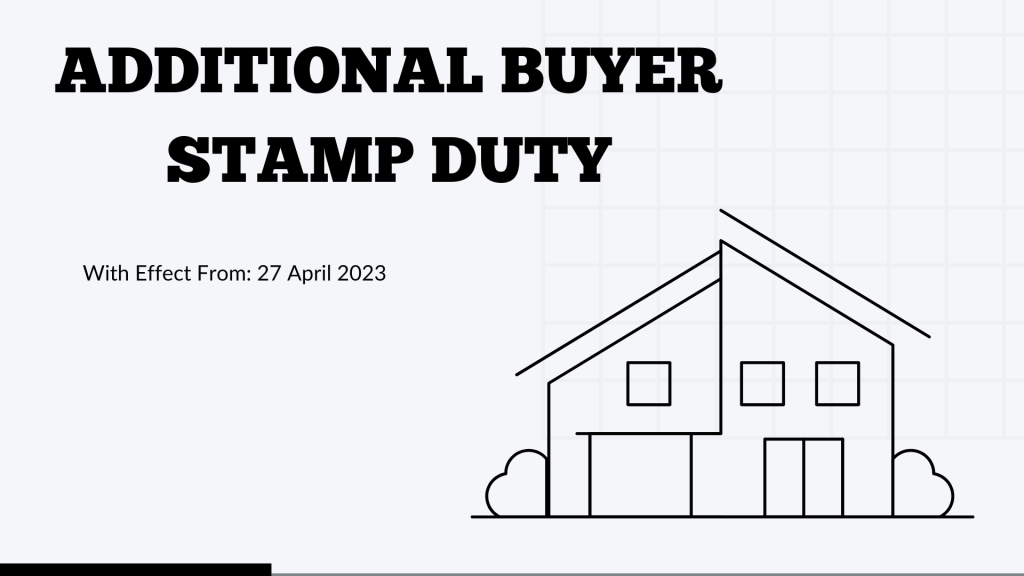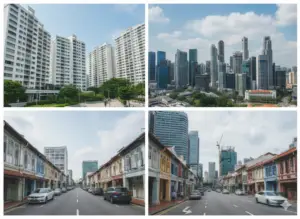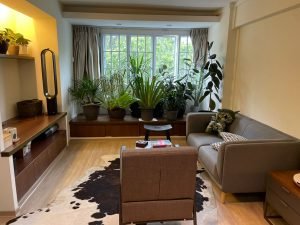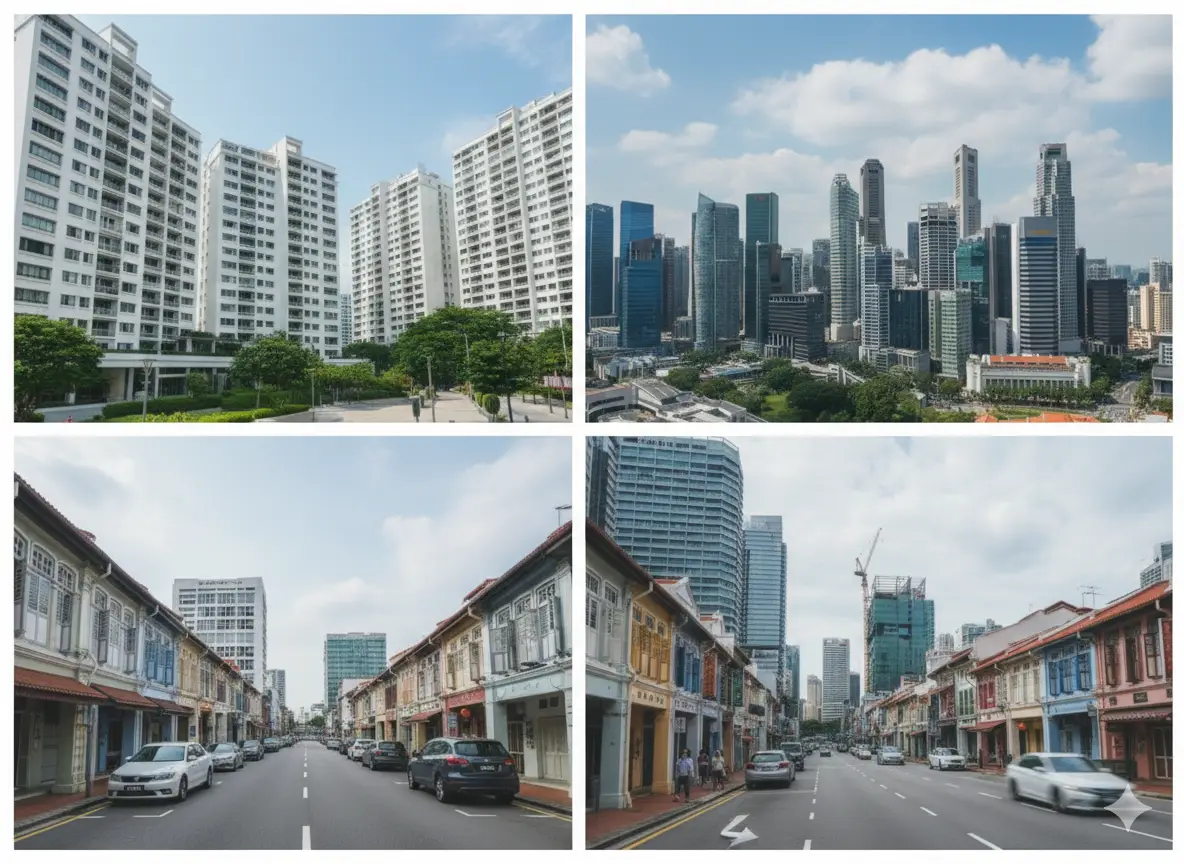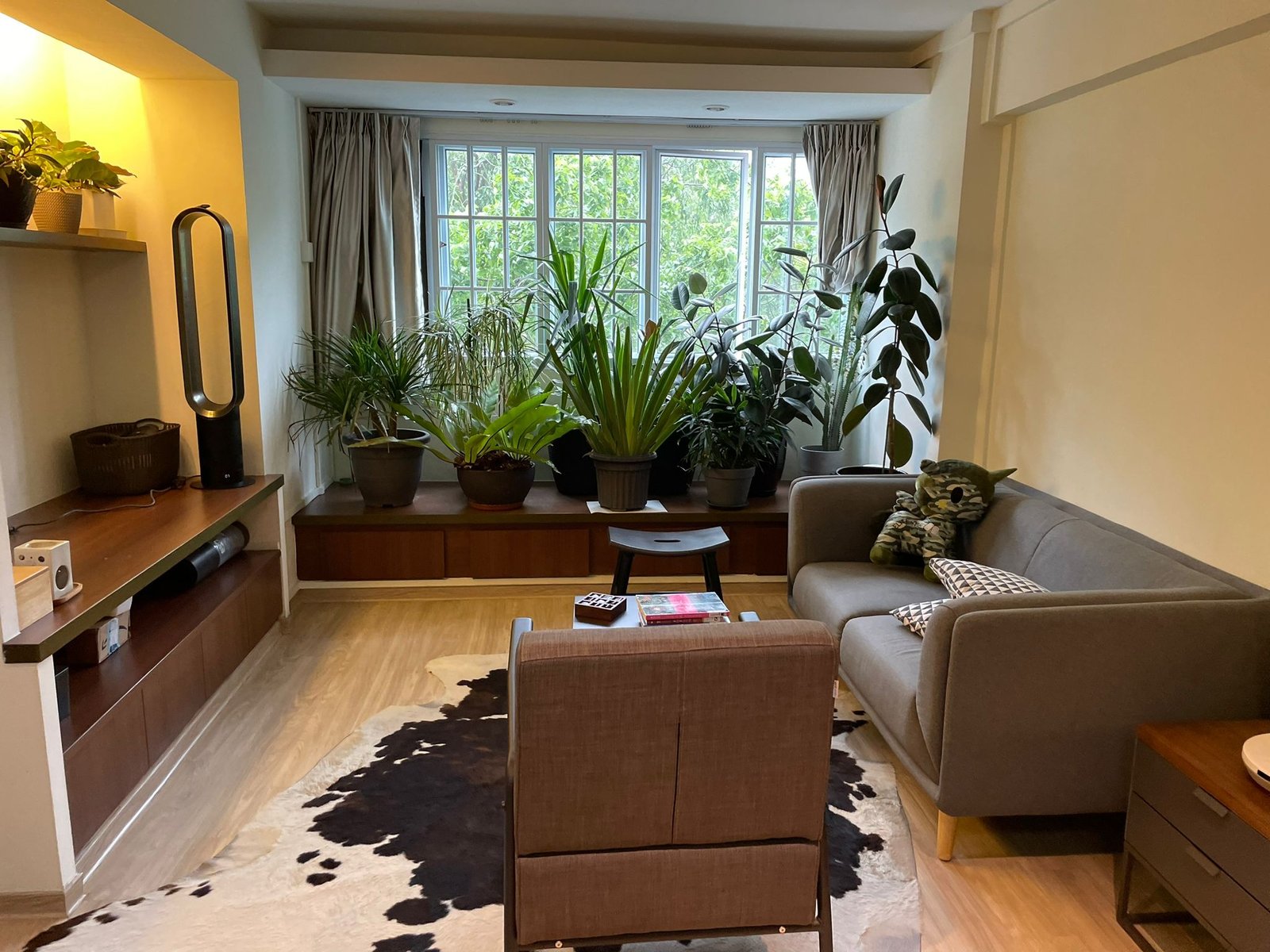1. Introduction
Singapore’s government has recently announced a new measure to cool down the property market and prevent a housing bubble. The Additional Buyer’s Stamp Duty (ABSD) has been increased from 30% to 60% for foreign property buyers, effective immediately. This move is expected to have a significant impact on the Singapore property market, particularly on foreign buyers.
2. Overview of the ABSD increase for foreign property buyers
The ABSD rate hike for foreign property buyers means that they will now have to pay an additional 60% of the property’s purchase price as a stamp duty. This measure applies to all non-citizens and non-permanent residents buying residential properties in Singapore. The ABSD rate for Singaporeans and permanent residents remains unchanged at 12% and 15%, respectively.
This increase in ABSD rates for foreign property buyers is the latest measure by the Singapore government to cool down the property market. Singapore’s property market has been experiencing a surge in demand and prices, driven by low-interest rates, pent-up demand, and limited supply due to Covid-19 restrictions.
3. Reasons behind the ABSD increase
The Singapore government has implemented this ABSD measure to prevent a housing bubble and ensure a stable and sustainable property market. The government’s aim is to moderate demand and prevent prices from rising to unsustainable levels.
The ABSD measure is also intended to address concerns over rising home prices and affordability for locals. The government has emphasized that the measure is not intended to deter foreign investment in the Singapore property market but to ensure that the market remains stable and sustainable for all stakeholders.
4. Analysis of the ABSD measure and its impact
The new ABSD measures are expected to have a significant impact on Singapore’s property market, particularly for foreign buyers who make up a significant portion of the market. The increased ABSD rates are likely to deter some foreign buyers from investing in Singapore’s residential property market, as the higher upfront costs make it less attractive for investors seeking quick returns.
The new measures are also likely to have a cooling effect on property prices, as demand from foreign buyers is expected to decrease. This is likely to be especially true for the high-end luxury segment of the market, which has historically been popular among foreign buyers.
However, the impact of the new ABSD measures is likely to be more muted for local buyers, as they are already subject to lower ABSD rates than foreign buyers. The measures may have some effect on local buyers’ demand for residential properties, but it is unlikely to be as significant as for foreign buyers.
5. Challenges and opportunities for foreign property buyers
The recent increase in ABSD rates for foreign buyers is likely to pose significant challenges for those looking to invest in Singapore’s property market. The increase in ABSD rates means that foreign buyers will now have to pay significantly higher upfront costs when purchasing residential properties in Singapore.
The increased ABSD rates may also make it more difficult for foreign buyers to secure financing for their property purchases. Banks and financial institutions may be more hesitant to lend to foreign buyers who are subject to higher ABSD rates, which could limit the pool of potential buyers and reduce demand for residential properties in Singapore.
However, despite the challenges posed by the increased ABSD rates, there are still opportunities for foreign buyers who are looking to invest in Singapore’s property market. Singapore remains an attractive destination for foreign investors due to its stable political and economic environment, excellent infrastructure, and high quality of life.
In addition, the increased ABSD rates may also lead to a reduction in competition from other foreign buyers, which could create opportunities for those who are able to navigate the new regulatory environment and secure financing for their property purchases.
Furthermore, foreign buyers who are able to invest in the right types of properties may also be able to benefit from long-term capital appreciation and rental yields. Singapore’s property market has historically been a strong performer, with residential property prices increasing by an average of 4.3% per year from 1975 to 2020.
To overcome the challenges posed by the increased ABSD rates, foreign buyers may need to work closely with trusted real estate agents and financial advisors who are familiar with Singapore’s property market and regulatory environment. They may also need to consider alternative financing options, such as securing financing from international banks or through private lending arrangements.
Conclusion
In conclusion, the Singapore government’s move to double the ABSD rate for foreign property buyers has sent shockwaves throughout the real estate industry. While it may lead to short-term challenges for foreign buyers, it is a necessary step to ensure that the property market remains stable and accessible to locals.
It is important to note that the Singapore property market remains attractive to foreign buyers due to its stable political environment, strong economy, and strategic location. The ABSD measure should be viewed as a temporary obstacle that can be navigated with proper planning and understanding of the market.
Ultimately, the ABSD measure serves as a reminder that the Singapore government prioritizes the interests of its citizens and is committed to maintaining a fair and equitable property market. While it may create challenges for foreign buyers, it is a step towards ensuring that Singapore remains a livable and sustainable city for generations to come.
In addition, it is important to note that Nationals and Permanent Residents of Iceland, Liechtenstein, Norway, or Switzerland, as well as Nationals of the United States of America, are not subjected to ABSD when buying their first residential property in Singapore. This exemption offers an opportunity for individuals from these countries to enter the Singapore property market without facing additional financial burden.
If you are a foreign buyer interested in investing in Singapore’s property market, it is important to stay updated on the latest policies and regulations. Consultation with a professional can help you navigate the market and make informed decisions.
Please feel free to contact me for further consultation and assistance in navigating the Singapore property market.

